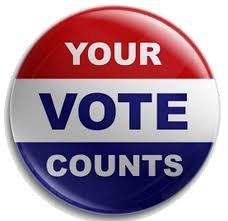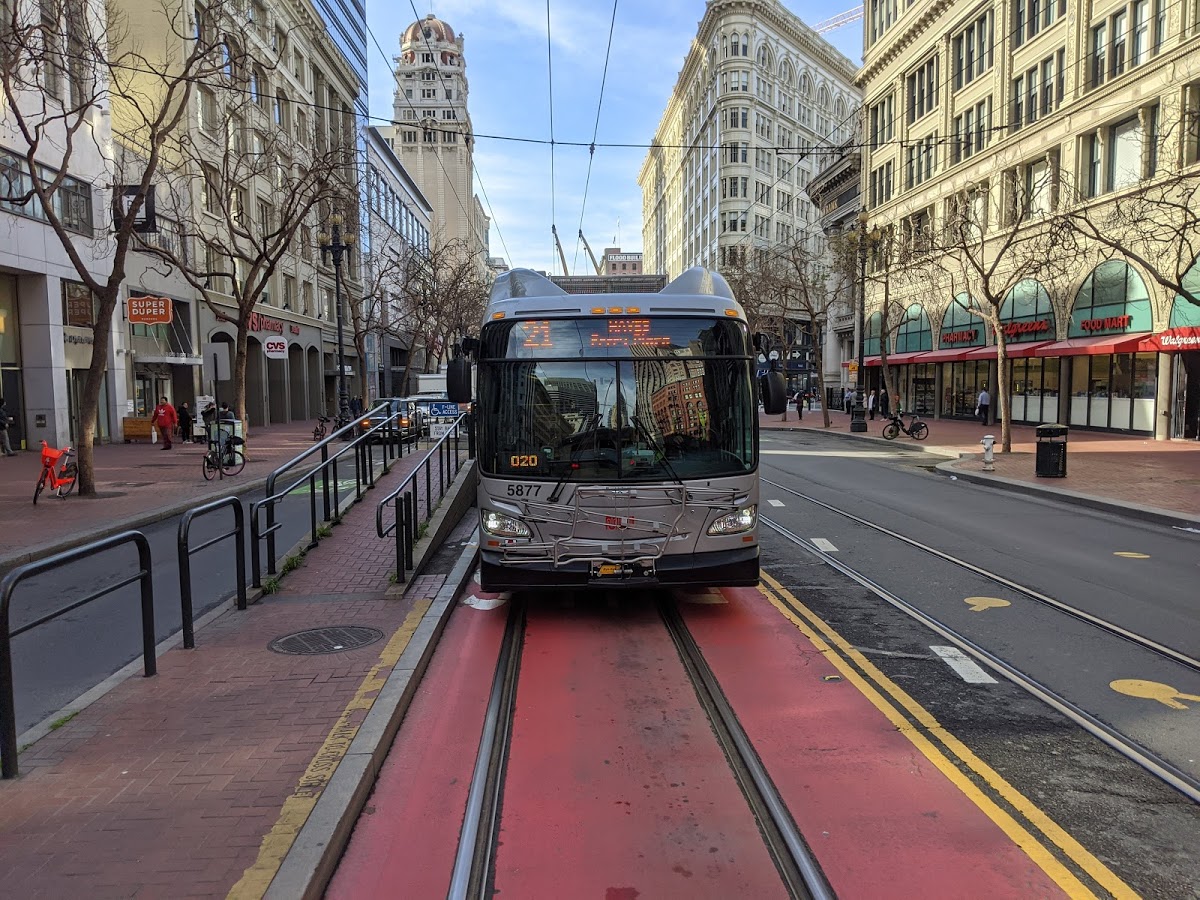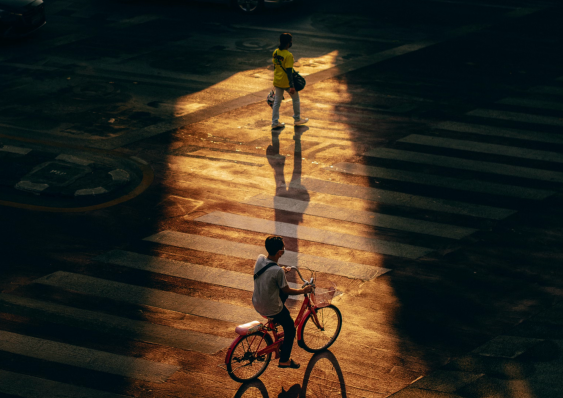Amid an avalanche of issues on the November ballot, San Francisco voters face one question with consequences for each of us every single day: Should our city invest in safe, affordable transportation? To answer yes, we must pass both Propositions J & K.
At a time when so many people feel pressed by the soaring cost of living, this question is especially important. Transportation is the second-highest household expense in our city after housing. Everyone in San Francisco deserves access to reliable transportation, and this issue is particularly important for people struggling the most with the high cost of living.
That’s why advocates for safe, livable streets and affordable, reliable transportation support Propositions J and K. Proposition K would increase the city’s sales tax by three-quarters of one percent on goods and services excluding rent, utilities, groceries, health care and prescriptions. With a separate state tax expiring, the passage of Proposition K would increase the city’s sales tax rate from 8.75 to 9.25 percent, which is among the lowest in the Bay Area. However this small increase--$0.05 on every $10 spent on taxable goods, to be exact--would raise $154 million a year, half funded by tourists and visitors. Proposition J would ensure that those funds are dedicated exclusively to two of the most important issues facing our city: fighting homelessness and fixing our transportation systems.
It’s crucial to note, these measures work together: we won’t see the benefits of J without also passing K.
This investment is vital to delivering the affordable transit and safe streets that all people in San Francisco deserve. Low-income households are most likely to rely on walking, biking and public transit to get to work, pick-up children, and get home. Propositions J and K will fund improvements to Muni’s reliability and street upgrades to guarantee safe travel for all of us. They will also help prevent future Muni service cuts and fund affordability programs like Free Muni for Youth and Free Muni for Seniors and People with Disabilities--programs San Franciscans rely on to be able to remain in this city.
Households feeling most financially crunched aren’t just wrestling with the skyrocketing cost of living in San Francisco. They are also the people most likely to live along what the city’s Department of Public Health calls “high-injury corridors.”
In San Francisco, 70 percent of all traffic deaths and severe injuries occur on just 12 percent of streets. This problem presents a clear solution: targeted investment in redesigning high-injury corridors. Well-designed streets encourage safe, predictable behavior and prevent life-changing or life-ending crashes that have touched too many families in our city.
Take for example Sophia Liu, who was just six years old in December, 2013. With the green light and the right of way, she was using a crosswalk to cross the street with her mother and little brother when all three were struck at one of the city’s most dangerous intersections. Sophia did not survive the crash.
This happened in the Tenderloin-the San Francisco neighborhood with the highest concentration of families, yet also an area where every single street is a high-injury corridor. No family in the Tenderloin, SoMa, Chinatown or in any other neighborhood should have to experience the loss of a child resulting from a preventable crash. But with a $10 billion gap in transportation funding over the next 15 years, our current resources are too few and far between to make significant progress.
It’s said that “those who do not know history are doomed to repeat it.” Crashes are predictable, and we can prevent them by investing in safe streets. Your vote this election season cannot bring Sophia back, but it can push San Francisco towards a future where people of all ages and backgrounds can safely navigate our streets as they go about their daily lives.
Our ability to move around our city safely and affordably lies uniquely in our hands as San Francisco voters. We hope you will join us, along with a broad coalition of affordable housing advocates, elected officials and city leaders, in seizing the opportunity for a brighter future for San Francisco by voting yes on both Propositions J and K.
Nicole Ferrara is the executive director of Walk San Francisco. Tom Radulovich is the executive director of Livable City and the president of the BART Board of Directors. Brian Wiedenmeier is the executive director of the San Francisco Bicycle Coalition.
Check out Streetsblog's coverage of Measure RR/The BART bond, additional coverage of San Francisco Measures J & K and Prop. E, Oakland's Measure KK, Contra Costa's Measure X and VTA Measure B.





